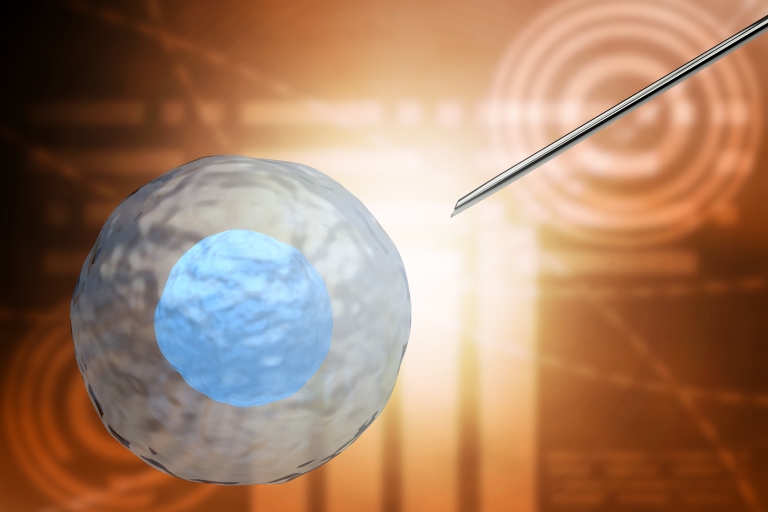
A long-anticipated Phase 3 clinical trial into the effectiveness of hematopoietic stem cell transplantation for treating multiple sclerosis has just been announced. The trial will be conducted by the U.S. National Institutes of Health and will recruit patients from both the United States and United Kingdom.
Multiple sclerosis is a disease that occurs when the immune system mistakenly attacks the protective coating of nerves. Once the coating deteriorates, it disrupts signals between the brain and the rest of the body. This leads to a wide range of symptoms including impaired coordination, cramping, muscle rigidity, spasms, fatigue, and vision loss.
Researchers have already developed a treatment which uses stem cells to “reset” the immune system, so it no longer mistakenly attacks the nerve’s protective coatings. However, it is not approved for use in the United States or United Kingdom. If this trial finds the treatment to be safe and effective, it may become available to MS sufferers in the near future.
The treatment begins with doctors collecting hematopoietic stem cells (HSCs) from the patient. The patient then receives high-dose chemotherapy treatment to deplete their immune systems. Finally, they receive a transplant of their own HSCs to restore their immune system function. This process removes the stems cells which have produced the faulty immune cells responsible for attacking the body’s nerve coating.
Dr. Anthony Fauci, director of the National Institute of Allergy and Infectious Diseases, was very excited by positive results of earlier Phase 1 and Phase 2 trials. As he explained, “These extended findings suggest that one-time treatment with HDIT/HCT may be substantially more effective than long-term treatment with the best available medications for people with a certain type of MS.” He eagerly awaits the completion of the large-scale Phase 3 clinical trial which has just been announced.
The new clinical study will involve 156 adults aged between 18 to 55. All patients will have a diagnosis of relapse-remitting MS. Participants will receive either a stem cell transplant or one of the current drug treatments for MS (Ocrevus, Lemtrada/Campath, Tysabri, or Rituxan). Researchers will then follow their progress for 6 years.
Source: Stem Cells Versus DMTs: MS Treatments Go Head to Head
{{cta(‘d62560c2-336a-4f88-9683-44a37a5bd7fd’)}}

